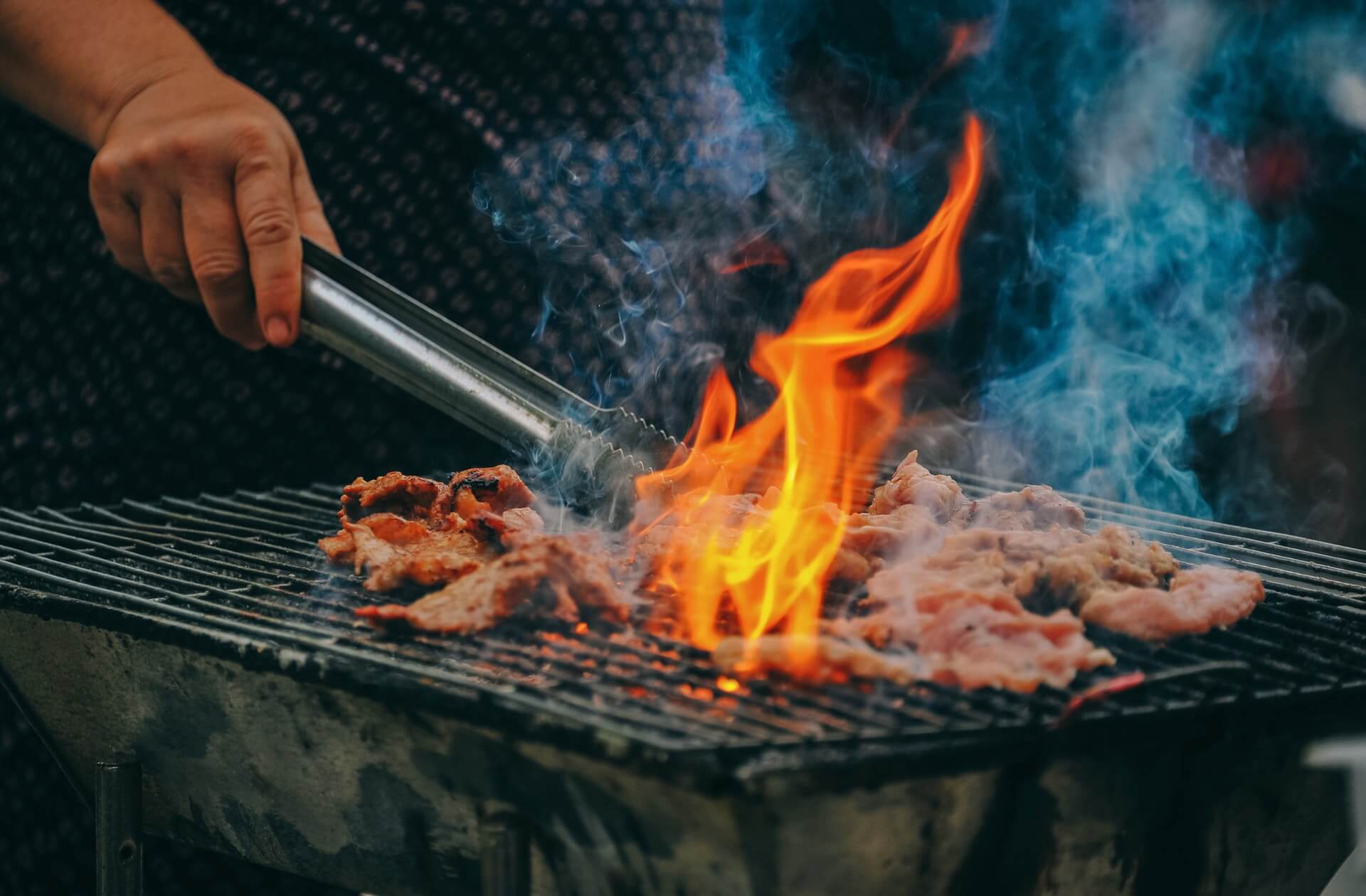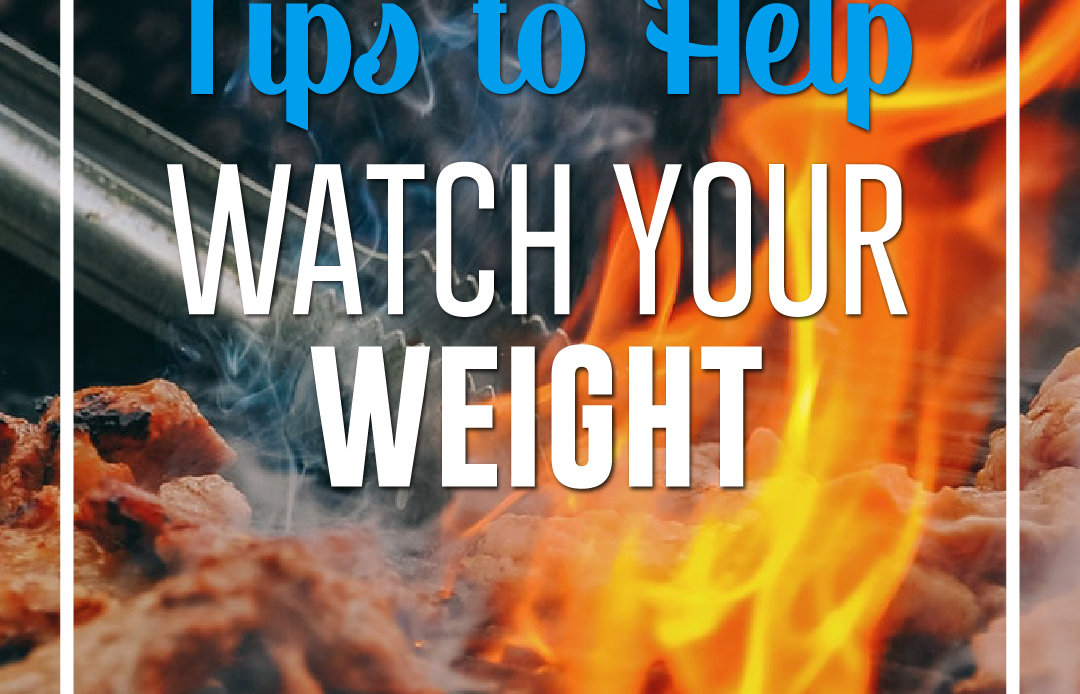Losing weight isn’t just about exercise – your diet matters too. But you don’t want to adopt some fad diet that makes you feel like gnawing your arm before dinner. That’s why dieticians insist that, if you’re to food preparation tips for weight loss, the dishes should consist of grains, veggies, and nuts.
Also, your dishes should be full of protein, fiber, and other nutrient-rich foods. These wholesome meals will help your limit cravings, and keep you full until your next designated mealtime.
Food Preparation Tips for Weight Loss:
1. Bring out the Chef in You
Cooking at home promotes healthy eating as well as weight loss. Food preparation tips, Although you can eat healthy meals at restaurants, when you cook at home, you’re able to track what you eat, which makes it easier for you to manage your weight.
Also, preparing your meals at home enables you to experiment with various healthy ingredients and, at the same time, saves you money.
2. Fiber is Your Friend
Fiber-rich healthy fools include fruits, vegetables, whole grains, and beans. Studies show that eating fiber-packed meals helps you lose weight as well as in keeping it off.
Increasing your fiber intake is as easy as including oats in your breakfast, adding beans to your salads, or munching on fiber-rich snacks like nuts and seeds.
3. Ditch Sugar
Sugary meals and drinks like soda are one of the biggest reasons why people gain weight and develop health issues like heart disease and diabetes.
Besides, foods like candy and baked goods that are packed with lots of sugar tend to be nutrient-poor. Eliminating sugary foods from your diet is a perfect way to shed off excess weight and maintain a healthy body.
You should, however, note that even some of the foods branded as ‘organic’ or ‘healthy’ can contain lots of added sugar. So always read the nutritional labels to be sure about the ingredients in the products you intend to buy.
4. Embrace Healthy Fat
Often, when embarking on a weight loss journey, fat is the first thing we discard, but including healthy fats in your diet is essential if you’re to lose weight in a healthy way.
In fact, studies show that maintaining a high-fat diet that consists of foods like nuts, avocados, and olive oil can help you maximize your weight loss.
Also, fats help you feel full for longer, decrease cravings, and thus help you stay on the weight loss track.
5. Eat Protein-Rich Breakfast
Eating a protein-rich breakfast that includes foods like eggs can benefit your weight loss journey. You can shed a few pounds by simply swapping your bowl of cereal for protein-packed scrambled eggs topped with sautéed veggies.
Eating Protein dense meals in the morning also helps you improve appetite control and thus makes it easier for you to avoid unhealthy snacking.
6. Stay Hydrated
Drinking an adequate amount of water throughout your days bolsters your overall health, but it also helps you maintain a healthy weight.
A study of 9500 participants revealed that those who were poorly hydrated had higher MBIs (body mass indexes) and were much more likely to be overweight or obese than those who were adequately hydrated.
7. Stay off Calorie-Packed Drinks
While we all know that gobbling down too many milkshakes and sodas is terrible for our weight loss, a lot of people are not aware that even drinks touted to improve health or athletic performance can be packed with harmful ingredients.
Flavored waters, sports drinks, and coffee beverages are usually full of artificial colorings, added sugar, and calories.
Even juice, which is considered a healthy beverage, can sabotage your weight loss journey if you drink too much of it. To limit the number of calories you consume throughout the day, hydrate with water.
8. Reduce Refined Carbohydrates
Refined carbs include grains and sugars whose fiber and nutrients have been removed. Examples include bread, pasta, and white flour.
These types of low-fiber foods only keep you filled for a short time because they’re digested quickly.
You should, instead, opt for complex carbs like oats, veggies like spinach, cabbage, broccoli, carrots, and potatoes, or ancient grains like barley and quinoa.
They’ll keep you full for longer, and they’re packed with more nutrients compared to refined carbohydrate foods.
9. Use Smaller Plates
Using smaller plates can help you automatically reduce the number of calories you eat. The plate-size effect, however, isn’t effective for everyone. It’s much more effective for those who’re overweight.
10. Count Calories and Employ Portion Control
Counting your calories or portion control – eating less – is very useful. Studies show that cultivating awareness of your eating habits by taking pictures or keeping a diary of your meals helps you maintain or lose weight.
11. Lift Heavier
Aerobic exercises like biking, running, and brisk walking are excellent for weight loss, but most people focus only on cardio and ignore strength training.
Including weight lifting in your training routine can help you tone your whole body and build more muscle.
Studies show that weight lifting bolsters your metabolism and helps you burn calories all through the day, even when you’re at rest.
12. Set Meaningful Goals
Looking stunning in your swimsuit or being able to fit into your high school jeans are attractive incentives that drive people into trying to lose weight.
But, it’s better if you dig deeper into why you’re striving to lose weight and the impact of weight loss on your life. When you have deeply felt goals in mind, sticking to your plan will be easier.
Having the energy to dance all night in your daughter’s wedding, or being agile and strong enough to jump around with your kids are good examples of meaningful goals that can keep you focused on positive change.
13. Avoid Fad Diets
Fad diets are touted as quick fixes that can help you lose weight effortlessly. However, these diets are often very restrictive and unsustainable. They thus tend to lead to yo-yo dieting, where you drop pounds, and then inevitably gain them back.
Studies have found that yo-yo dieting can lead to an increased risk of heart disease, diabetes, metabolic syndrome, and high blood pressure.
These diets present easy solutions that are tempting, but finding a healthy and sustainable eating plan that nourishes you instead of starving your body is always the better option.
14. Eat Whole Foods
Keeping track of everything you eat is an excellent way of taking control of your health.
Opting for whole foods that aren’t blended with all sorts of ingredients ensures you’re putting into your body nourishing, nutrient-dense and natural food
When it comes to the number of ingredients in your food items, less is more. If a product is packed with unfamiliar ingredients, it’s likely an unhealthy option.
15. Walk
A lot of people believe that to spur weight loss, one must adopt a painstaking exercise regime.
While different types of exercise routines are necessary if you’re striving to get in shape, walking is an easy and effective way of burning calories and jumpstarting your weight loss.
Research shows that walking for 30 minutes aids in weight loss. Besides, it’s a pleasant activity that you can engage in both indoors and outdoors. It’s also great for wellness and mental health.
Bonus Food Tips for Weight Loss Include:
Don’t Deprive Yourself
Proclaiming that you’ll never eat your favorite foods ever is unrealistic, and it sets you up for failure. Depriving yourself makes the forbidden foods seem more alluring, and it can lead you to binge once you finally succumb to the temptation.
Allowing for a few indulgences will bolster your self-control and fend off the feeling of resentment that may emerge as a result of the demands of the new healthier lifestyle.
To foster a healthier relationship with food, you should be able to enjoy your favorite holiday dish or small portions of homemade desserts.
Eat your Veggies
Vegetables are rich in the nutrients and fiber that your body needs.
Besides, vegetable intake can aid you in your weight loss journey. Studies show that eating a salad ahead of your meals can help you sustain a healthy weight and can decrease your chances of developing chronic conditions like diabetes and heart disease.
The Bottom Line on Food to Eat for Fast Weight Loss
There are many ways of losing weight, but finding a healthy diet regime and a practical exercise plan is the best easy way of ensuring successful and sustainable weight loss.
Fad diets can promise you a quick fix, but they’ll often deprive you of essential calories and nutrients; this leads to most people back-sliding to their unhealthy habits after they’ve achieved their weight loss goals.
Being more active, reducing added sugar, eating whole foods, and setting aside time for self-care are some of the ways to get happier and healthier.
Weight loss is not a one-size-fits-all affair, though. To succeed, you need to find a plan that’s suitable for your body and your lifestyle. Besides, you can start small. If you find that following all these suggestions is too daunting, try to start with the few that you find easy. Then slowly build up from there. That way, you can reach your wellness and health goals sustainably and safely.







